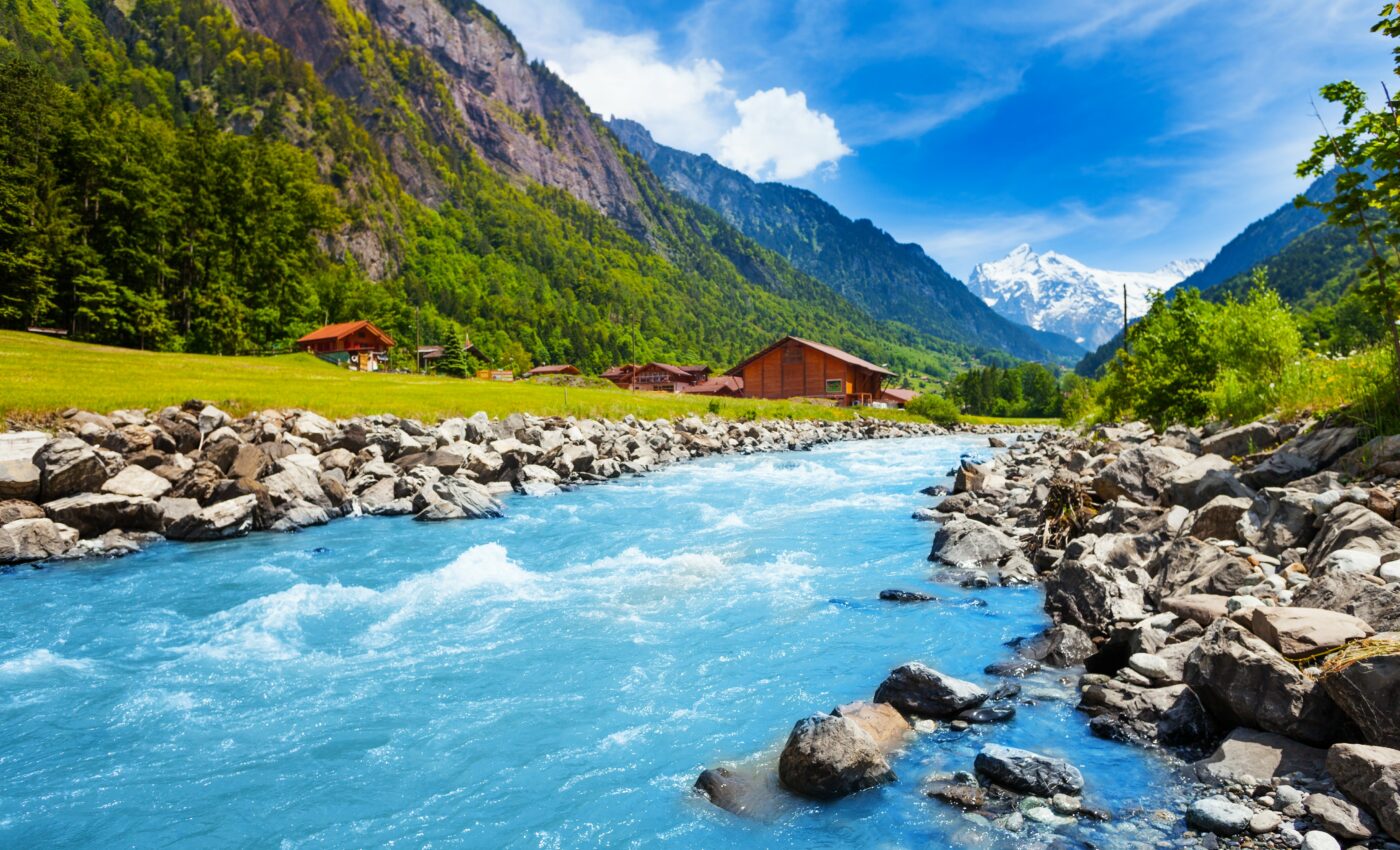
Without urgent action, Swiss rivers are going to overheat
Summer temperatures in Swiss rivers are on track to jump four degrees Celsius by the end of this century. This is the conclusion of a new EPFL study, which highlights the need for urgent action to reduce greenhouse gas emissions.
“People tend to think that water is an unlimited resource in Switzerland,” said study lead author Adrien Michel. “But by the end of this century, we may well have to choose between using our rivers to water our crops and damming them up in order to produce electricity.”
There are many uncertainties that come along with hotter river temperatures, especially when looking to the end of the century. For example, rising temperatures hinder reproduction and increase the risk of disease in fish.
“We’ll surely be able to grow oranges in this part of the world. But what about the rest of biodiversity?”
Michel focused on three possible scenarios that depend on low, moderate, or high greenhouse gas emissions. The results show that if no action is taken to reduce greenhouse gas emissions, summertime river temperatures can be expected to increase by 5.5°C in Alpine regions and by 4°C across the Swiss Plateau.
In this same high-emission scenario, average river discharge is predicted to decrease by 30 percent in the mountains and by 25 percent in lowland areas. By comparison, in the low-emission scenario, Alpine and Swiss Plateau rivers would only be 1°C warmer at the end of the century.
Furthermore, in the low-emission scenario, nearly half of all remaining glaciers would be preserved. In the high-emission scenario, they would all but disappear.
Under all three scenarios, winter and summer extremes will be greater in Plateau regions, according to the analysis.
“Our study of river discharge and temperatures shows, for one, that the impact of global warming is inevitable, and that we must begin making changes today, through energy and agriculture policies, for example. It’s also showing us that we can still save a part of our environmental heritage – but only if we act swiftly and aggressively,” said Michel.
The research was funded by the Swiss Federal Office for the Environment, and is published in the journal Hydrology and Earth System Sciences.
–—
By Chrissy Sexton, Earth.com Staff Writer













